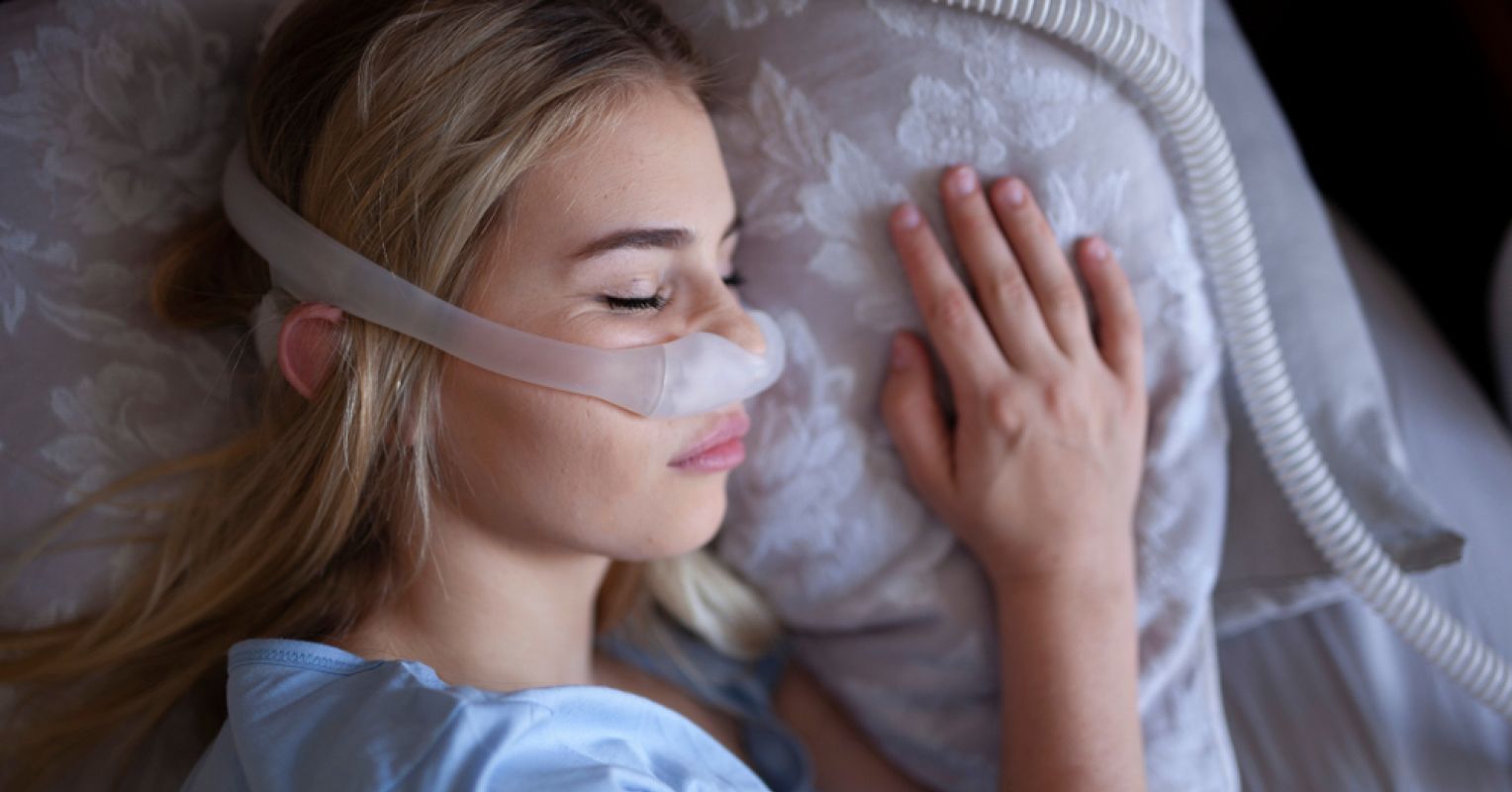
"As a Behavioral Sleep Medicine Specialist, I see firsthand how challenging it is for many patients to acclimate to CPAP (continuous positive airway pressure) machines. Insomnia can be a major barrier to CPAP success."
"While this is true—and I still believe it—my curiosity, fueled by my drive to help patients on a deeper level, led me to wear CPAP for one year."
"It did take me a few days of acclimation. I used our desensitization tools for that. I would watch a Seinfeld episode before dinner and put on the CPAP for 30 minutes."
"Cognitive behavioral therapy for insomnia can help patients who are struggling with CPAP."
A Behavioral Sleep Medicine Specialist recognizes the challenges patients face in acclimating to CPAP machines. Personal experience with CPAP enhances empathy towards patient struggles. Insomnia is identified as a significant barrier to successful CPAP use. Coping strategies, including desensitization, can facilitate acclimation. Cognitive behavioral therapy for insomnia is highlighted as a potential support for patients whose sleep issues hinder CPAP success. The specialist's motivation stems from a desire to provide deeper patient care based on first-hand experiences with CPAP.
Read at Psychology Today
Unable to calculate read time
Collection
[
|
...
]